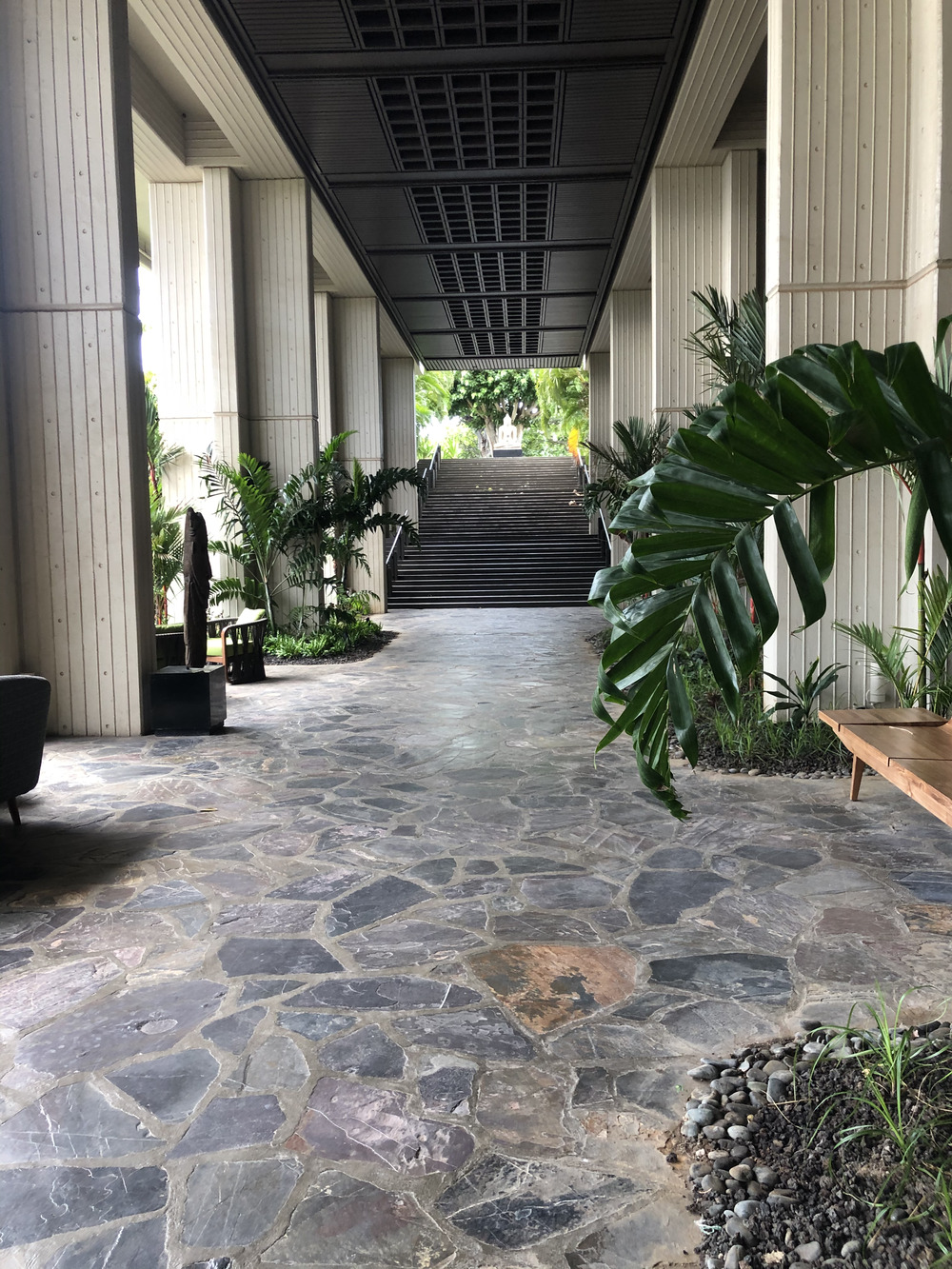
Editing
Updated: Friday, February 17th, 2023, at 6:26 PM Waitara, New Zealand Time
Contents
- Author
- Edit History
- Introduction
- Writing and Artifacts or Primary Sources
- Writing at Maximum Typing Skill and Communication Throughput
- Writing and Intelligence
Author
Author: Mattanaw I., The Honorable Dr.9 Mattanaw, Christopher Matthew Cavanaugh, Retired
Interdisciplinarian with Immeasurable Intelligence. Lifetime Member of the High Intelligence Community.6
- Masters Business & Economics, Harvard University (In Progress)
- Attorney, Pro Se, Litigation, Trial, Depositions, Contracts (E.g. State of Alaska v. Pugh, et. al.)4
- B.S. Psychology, University of Maryland, 4.0, Summa Cum Laude1
- B.S. Computer & Information Science, University of Maryland, 3.91, Magna Cum Laude2
- B.A. Philosophy, University of Maryland.3
- G.E.D., State of Maryland, Montgomery County, 1999.
Former Chief Architect, Adobe Systems
Current President/Advisor, Social Architects and Economists International.
Contact:
Resumé
Edit History
- Updated: Friday, February 17th, 2023, at 6:26 PM Waitara, New Zealand Time
- Draft Created: Sunday, September 11th, 2022, at 1:21 PM Las Vegas Time
Introduction
This entire website is an experimental exercise in editing. Some portions of the site are nearly entirely unedited, not out of any unconcern for the readers experience, but to share interesting information about thinking and the writing process, and for collecting data related to intelligence and other effects of non-edits. Some of these writings that are not edited have been timed. If one wants to understand quality of writing and thinking in relation to time, it must be unedited and it must be timed. Time to arrive at a final product after editing steps could also be timed, but while this is of some interest, historically it was not as interesting to the author as what comes naturally from the mind without retouching, first.
It may be that most who work on journal writing for personal purposes encounter a dilemma between wanting to have really high quality polished recordings, and having recordings that are closer to thoughts. If one wrote a journal, but spent time editing each and every entry, until it was polished enough to please the writers mind at later times, then they would be unable to see clearly how they thought previously, if they became curious about that. When examining artifacts from oneself or one’s family members, one would hope to get a recollection or glimpse of who they were at that time really. Natural videos of events go unedited and convey what people were really like and how they spoke. Writings that are heavily edited for social worries about how they will be judged later will not convey the same kind of information and arguably, is not as valuable for an archaeological study of one’s own life.
Other portions of this site are heavily edited for being intended to represent more committal thoughts and theses in an academic or magazine article format. This site is also a comprehensive journal and book, with sections that are more frequently revisited and edited with the objective of adding more material, and getting various arguments and observations and descriptions correct. Correctness is what is desired on this website, but the type of correctness is in view to the author, and correctness of artifact is very different than correctness in conformity to grammatical standards, or standards for composing academic articles with references and citations.
The objective of this page, other than to briefly convey what to expect regarding lack of edits and spelling correction in some places, is to reveal the results of self-observation and scientific findings regarding audience reactions about editing, and about the relationship between writing and intelligence, creativity, and virtuosity of typing and writing skill. There are many interesting findings that can be had in such a study–for example:
“How far is it possible to go in writing without error, typing and not looking at a keypad?”
I have findings related to this, and also:
“To what extent are people tolerant of small mistakes in writing versus their tolerance of small mistakes in speech as they listen to you?
to which I can say, many are extremely intolerant about writing with errors, but are highly tolerant in oral communication. Probably even where what is discussed is highly similar. However, some are uniquely tolerant and will read through writings to find things of value, which indicates perhaps other factors like better reading ability or ability to see value through distractions.
Future sections will discuss findings in detail on a wide range of topics, and I think much that is here is very unique and different from what is taught in school, and covers a wider range of questions that a writer might have about the editing process, than is traditionally expected. Unlike other sections of the site, this page will be well edited to ensure material is correct and all is as accurate as it can be, for the time and iterations the author has had to edit. Editing is never finished.
Writing and Artifacts or Primary Sources
In the field of history a primary source document is considered one that is especially reliable as an piece of data about what has happened. History is related to archaeology in that the researcher has to rely upon data and pieces of information in order to piece together or build a reasonable picture of what may have occurred in the past. Any piece of writing that is old, is a kind of artifact, but it’s closeness to original events, or original documents, versus copies and so on, influences its credibility and authenticity, and value for understanding the past. This is understood and is standard knowledge in these fields; however, this paper will suggest that certain uncomfortable conclusions that relate to editing have not been fully recognized. That lack of recognition has resulted in a lack of analysis and conclusiveness, regarding feelings and opinions and methods about editing and proofreading.
Returning to the example of a journal that has been edited along the way and later, by the original author. To what extent is this an artifact of the mind of the author at the times they were doing the initial writings. Each dated entry in the journal would have had a mentality associated with it. Reading the old journal, one wants to know the mind of the reader at that time and date. Not only that, if writing quality is good enough, one wants to see that the writing at that time and date was all in one stream. If that were the case, the writing would constitute an artifact that is of good quality representation of the mind at the time, with certain other limitations around mode of communication, and the specific relationships between the way of writing and the way of thinking.
“Did the mind go through the fingers or was the writer thinking and then writing?”
The present author is usually thinking directly through the fingers and not editing.
Pauses may indicate interstitial thoughts lost that influence subsequent thoughts that get written. Between the last sentence and this sentence, I had that brief experience which is unrecorded.
The point of this is that the mind is what is desired to be known, perhaps more, perhaps less, than what is committed to by the author. Sometimes I want to know my thoughts, and other times, I want to know what I’m more willing to commit to. What I’m more willing to commit to might be more about what thoughts I had that were high enough quality to retain and use later, and depend on. Whereas, the thoughts that are streaming might be of lower quality, more likely to be discarded, more likely to be edited if editing were to occur. Sometimes the way of thinking and problems solving is more interesting as it happens and succeeds than the results, however. One cannot teach how to arrive at solutions without being realistic about how they were really solved in thinking.
More related to the present discussion, what can be said is that writing without editing can be much closer to a high quality artifact tied to mind, than ones that are edited, but it does depend on the skill and speed of the writer, and trueness of relation between writing and thinking. If writing greatly matches the actual linguistic thoughts that are happening in the mind of the writer, then that person has written a neural-artifact of sorts, representing not only a good piece of evidence of a time, but a good piece of evidence of an active brain.
[More soon]
Writing at Maximum Typing Skill and Communication Throughput
[To be added soon]
Writing and Intelligence
What can be expected of a highly intelligent person who communicates in writing and orally, if not for density or significance and meaning in compressed time? Not all who are intelligent are expected to be wanting to speak to people. However, for those who do actively, it can be expected that they will share a lot in less time, utilizing stronger writing skills with a larger vocabulary and sophistication of expression, which makes its way into oral skill. Whether or not writing skill has influenced thinking and speaking skill, intelligent speakers will also share their vocabulary and sophistication, and will communicate more in less time.
[More to be added soon]

I am a retired executive, software architect, and consultant, with professional/academic experience in the fields of Moral Philosophy and Ethics, Computer Science, Psychology, Philosophy, and more recently, Economics. I am a Pandisciplinarian, and Lifetime Member of the High Intelligence Commmunity.
Articles on this site are eclectic, and draw from content prepared between 1980 and 2024. Topics touch on all of lifes categories, and blend them with logical rationality and my own particular system of ethics.